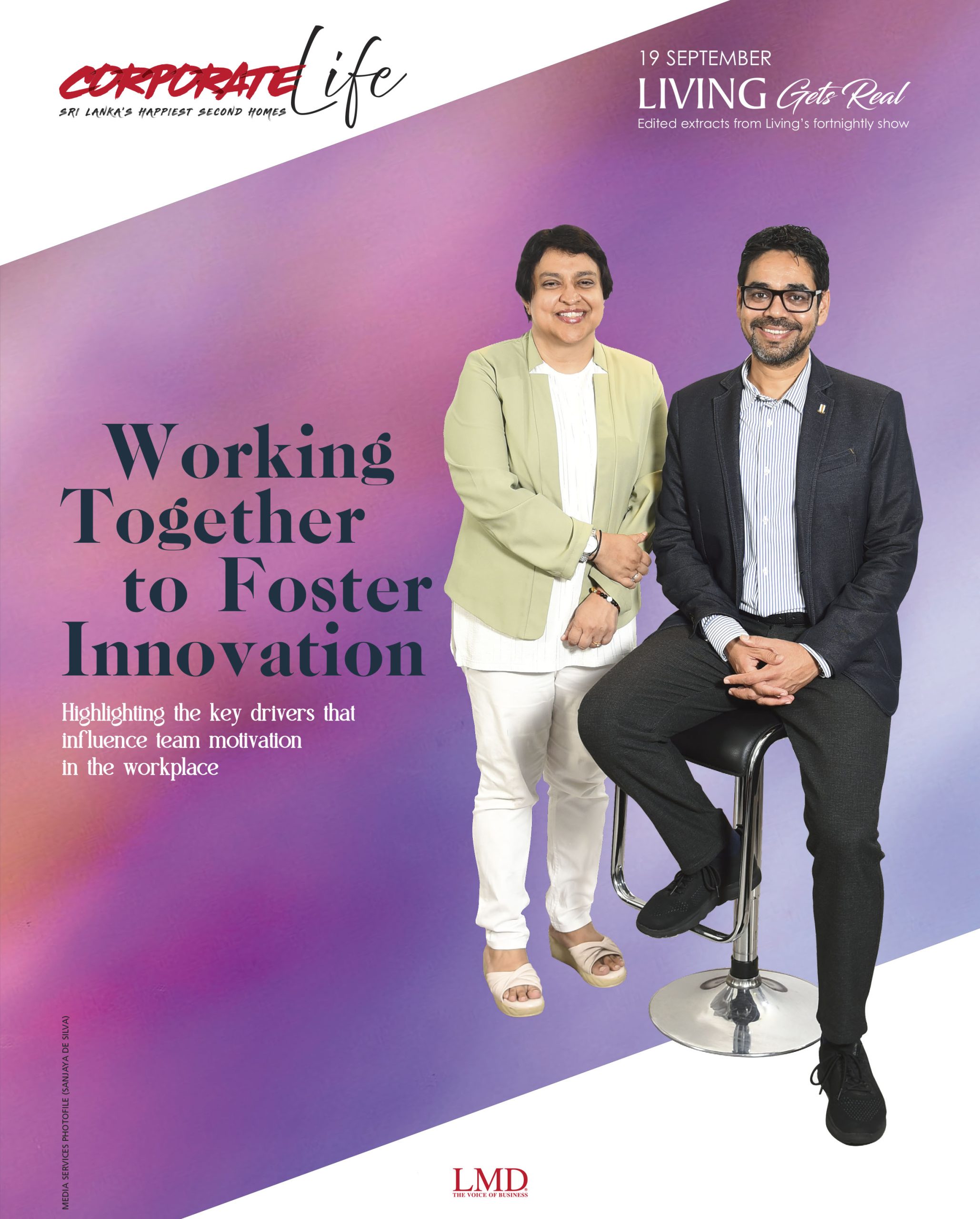FEATURE
How Can You Refill Your Half Full Glass?
Archana Law explains that harnessing positivity is key to overcoming challenges

The age-old question is the glass half full or half empty? is more than a mere cliché. It’s a powerful reflection of how we perceive the world – with a mindset rooted in optimism and gratitude, or fear and worry about scarcity.
But why does this simple shift in perspective make such a big difference?
Research indicates that positive emotions like joy, gratitude and hope can reshape our experiences, helping us navigate challenges more effectively and fostering resilience.
“As a general thumb rule, if you are feeling something, it is valid!” says psychologist Dr. Guy Winch.
So is your glass half full? And more importantly, how can refilling it with positive emotions transform your life?
Emotions drive us. Our body is in a constant cycle of thoughts, emotions and follow on behaviour, whether we realise it or not. In simple terms, emotions are meant to make us move toward things that are good for us and away from things that don’t make us feel good. Feelings therefore, aren’t right or wrong. Logical or not, it’s what we do with them that is the real issue.
There’s a long held expectation that people should keep their emotions out of the workplace, maintaining a firm boundary between one’s personal and professional lives.
The problem is that we’re emotional creatures, constantly communicating our emotions – in our body language, choice of words, tone of voice and actions; they’re part of who we are and it is almost impossible to not bring our emotions to work.
After almost four centuries, John Milton’s quote – ‘The mind is its own place and in itself can make a heaven of hell, a hell of heaven” (Paradise Lost) – still applies.
Thoughts, emotions and actions are deeply interconnected, with each influencing and shaping the others, creating a complex web that impacts our mental and emotional wellbeing. By understanding and harnessing the power of this interconnection, we can unlock the potential for positive change in our lives.
Some emotions like an athlete’s anxiety before a fiercely competitive sports meet are uncomfortably negative. It’s natural to want to be successful and when it seems like there’s a lot at stake, we tend to worry about what will happen if we don’t make it, or make a mistake or not gain a promotion.
Anxiety and fear can also arise amid uncertainty or when we’re not confident about tackling a situation.
There are also other positive or ‘on top of the world’ feelings – such as happiness and the thrill of winning a game or the feeling of pride after pulling off a new skill for the first time.
Martin Seligman’s psychological theory of ‘learned helplessness’ (feeling helpless when stressed and depressed) also includes ‘learned optimism and resilience.’ Termed ‘positive psychology,’ he laid the groundwork for a life-giving rather than life depleting focus.
Research in psychology and neuroscience shows that we become more successful when we’re happier and more positive (The Happiness Advantage – by Shawn Achor).
Doctors in a positive mood display more intelligence and creativity, and produce accurate diagnoses 19 percent faster than those in a neutral state. Optimistic salespeople outsell their pessimistic counterparts by 56 percent. Students primed to feel happy before taking achievement tests far outperform their neutral peers.
It turns out that our brains are literally hardwired to perform at their best not when they are negative or even neutral but when they’re positive.

Why is happiness important?
Happiness is a unique emotional experience for each of us, which can make it tricky to define. More than the absence of sadness, it can be summed up as an emotional balance – experiencing more positive than negative feelings and fulfilment in different areas of our lives (e.g. relationships, work and interests in alignment with our values).
So what can you do with all this data?
We have limited control over external circumstances. Happiness however, comes from within us, dependent on what we think, feel and do. This means that we aren’t merely a product of our genes and circumstances but active drivers of how happy we feel.
So we can retrain our brains to capitalise on positivity, and improve our productivity and performance, by adjusting our mindset to feel more fulfilled and confident in the midst of defeat, stress and crisis; spot patterns of possibilities, avoiding getting stuck in ones that focus on stress, negativity and failure; and regain control over emotional hijacks by focussing first on small manageable goals and then gradually expanding our circle to achieve bigger ones.
Moreover, we must make small energy adjustments to sustain change, avoiding succumbing to the path of least resistance; invest more in our social support network (one of the greatest predictors of success and excellence); recognise that emotions are an important part of life and work: and celebrate joy, express gratitude and focus on small wins along the way.
Whether the glass is half full or half empty, what’s important is that it can always be refilled.
The columnist is an emotional intelligence and performance coach based in Colombo. She practices psychometrics, teaches neurolinguistic programming and focusses on behavioural psychology to build competencies.





